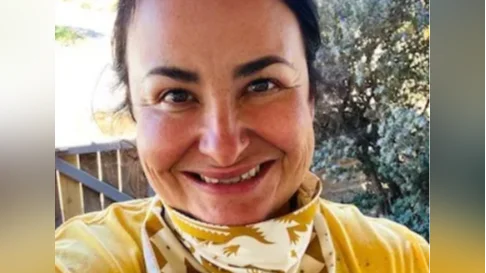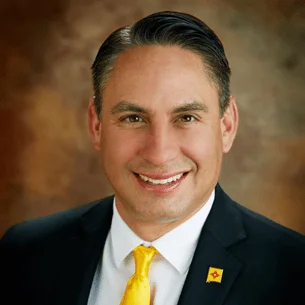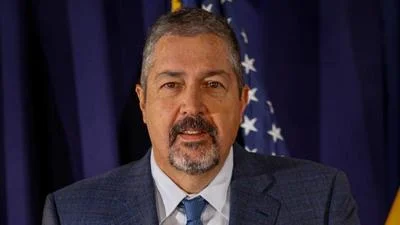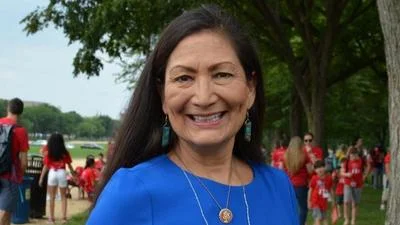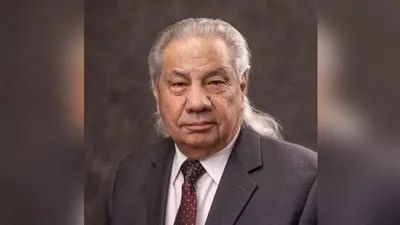Rep. Angelica Rubio House District 35 | Sierra Club Rio Grande Chapter
The Environmental Protection Agency (EPA) has announced a delay in the implementation of updated methane pollution standards, originally set by the Biden administration under Section 111b of the Clean Air Act. The interim final rule was issued by EPA Administrator Lee Zeldin and will postpone enforcement of new regulations on greenhouse gases, volatile organic compounds, and methane emissions from oil and gas facilities.
Methane is recognized as a significant contributor to climate change and public health concerns due to its emission from oil and gas wells. Both large corporations and independent producers have previously expressed support for federal methane regulation. Several major oil- and gas-producing states—including Colorado, Wyoming, Pennsylvania, and New Mexico—have already begun applying these standards at the state level.
According to data from the oil and gas threat map, New Mexico contains more than 62,000 wells, compressors, and processors. Over 144,000 residents live within half a mile of one of these sites, including nearly 119 schools. Nearly half of those affected are people of color, with about a quarter being children. Low-income communities are more likely to be located near dense oil and gas infrastructure.
The decade-long delay in implementing the EPA methane rule means communities must wait longer for improved air quality. This issue is particularly acute for areas near Texas, where fewer pollution controls exist. Pollution from these facilities contributes not only to local health problems but also exacerbates broader climate impacts such as increased frequency of wildfires and drought conditions.
The American Lung Association’s latest State of the Air report identified rural Eddy County in New Mexico as one of the top 25 most polluted counties in the United States—a distinction shared by only one other rural county nationwide. Oil and gas waste are cited as primary contributors to this ranking.
Since satellite imagery revealed a methane hotspot in New Mexico’s Four Corners region in 2014, various organizations—including the Sierra Club Rio Grande Chapter—have participated in numerous meetings with federal officials regarding stronger emission standards. The Sierra Club Rio Grande Chapter has submitted over 43,000 comments supporting robust federal rules on methane emissions and plans further engagement during an upcoming 30-day comment period.
Concerns have also been raised about potential future policy changes that could undermine existing legal authority to regulate climate pollutants like carbon dioxide and methane if foundational findings such as the 2009 endangerment finding are revoked.
Antoinette Reyes, Permian Organizer for the Sierra Club Rio Grande Chapter, stated:
"Delaying implementation of critical protections against oil & gas pollution puts our families’ health at risk for another decade while companies continue profiting off dangerous practices like venting & flaring toxic gases into our air. We know what needs to be done—stronger rules work when enforced—and New Mexicans have fought hard for years demanding these safeguards."
###
